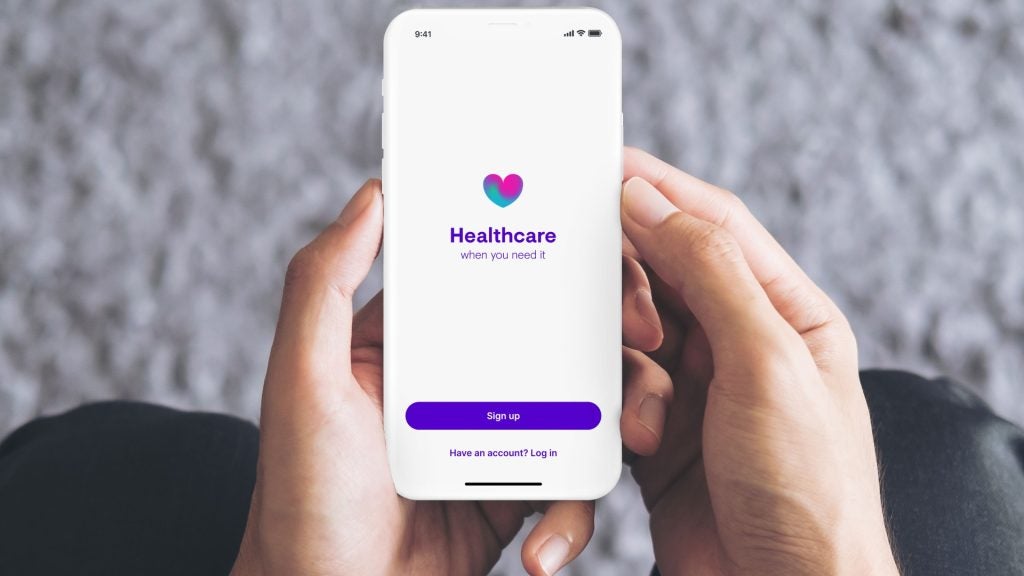AceLink Therapeutics has opened the first clinical trial site in China for conducting its Phase II study of AL01211 for the treatment of Fabry disease in males.
With the first site being Ruijin Hospital in Shanghai, five other sites are expected to open in the third quarter of this year.
Ruijin Hospital’s Dr Nan Chen will act as the study’s principal investigator.
The open‑label study will evaluate the safety, pharmacokinetics, and pharmacodynamics of the non-brain penetrant glucosylceramide synthase (GCS) inhibitor AL01211 in males with classic Fabry disease who previously did not receive other therapies.
It will also assess the preliminary measures of the physiological efficacy of the therapy.
AceLink Therapeutics chief medical officer Dr Pedro Huertas said: “The opening of our first clinical trial site in China demonstrates our ongoing commitment to Fabry Disease and is an important step in our efforts to provide these patients with a convenient, oral, therapeutic option.
“We thank the patients in our ongoing clinical trials and their families, as well as our investigators and the broader Fabry community, for their ongoing trust and collaboration as we work to advance our investigational therapy in the clinic.”
Top-line results from the trial are expected in the second half of next year.
The company also started screening and enrolling patients across multiple sites in China for the study.
Phase I studies conducted on healthy volunteers in Australia and China showed that AL01211 is generally well tolerated without significant adverse events.
It also showed a reduction in expected plasma glycosphingolipids with increasing dosages of the therapy, demonstrating a clear PK and PD correlation.















